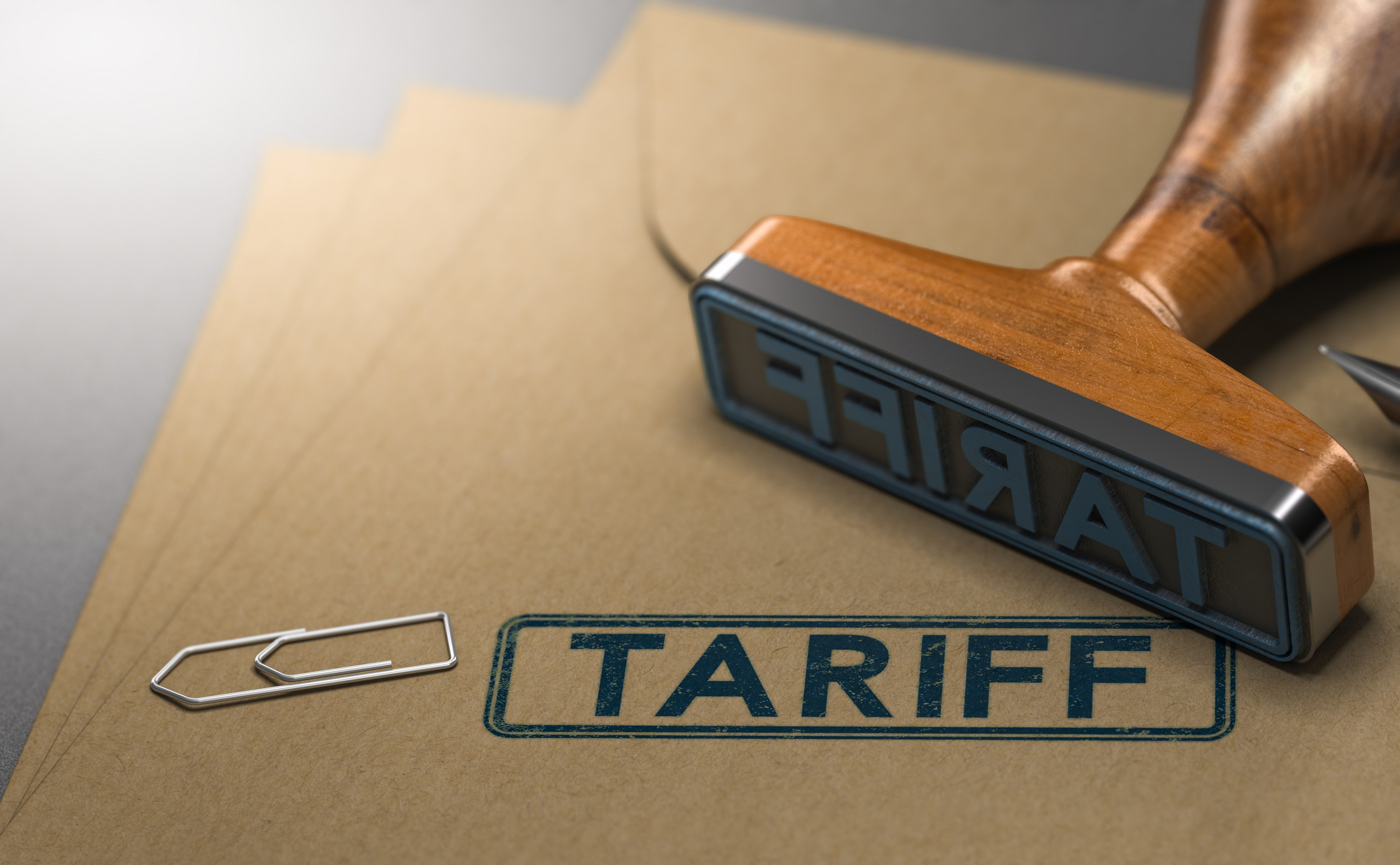Canadians are rightly outraged by Donald Trump’s new tariffs, but many fail to grasp just how profoundly these measures will reshape Canada’s economy and its position in the world for years to come.
%20(600%20x%20300%20px)%20(1).png?width=512&height=256&name=White%20and%20Yellow%20Clean%20Minimalist%20Inspirational%20Quote%20Instagram%20Post%20(375%20x%20475%20px)%20(600%20x%20300%20px)%20(1).png)
As Martin Wolf outlines in the Financial Times, Trump’s trade policies are not just an economic nuisance -they mark a fundamental shift in global trade relations, with predictability as the chief casualty.
At the heart of Trump's trade philosophy is an irrational view of bilateral trade. He sees any country running a trade surplus with the U.S. as unfairly “ripping off” American workers, regardless of economic realities. For Canada, this accusation is particularly perplexing. If we exclude oil and gas, Canada actually runs a trade deficit with the U.S. The overall trade surplus exists because the U.S. imports Canadian oil and gas—resources it depends on. Yet, instead of targeting energy exports with the highest tariffs, which would actually address his supposed grievance, Trump has set tariffs at just 10%. A heavier tax on oil and gas would drive up fuel prices in the U.S., a politically disastrous move, so he avoids it. This exposes the incoherence of his trade policies, which seem to prioritize political optics over economic logic.
Trump’s recent fixation on fentanyl smuggling from Canada follows a similar pattern of unsubstantiated claims. While the opioid crisis is a genuine and tragic issue, there is no compelling data to suggest that Canada is a major fentanyl supplier to the U.S. Nevertheless, conservative Canadian politicians and pundits have eagerly amplified this narrative, hoping to align themselves with Trump. This cynical political opportunism ignores the actual sources of the fentanyl crisis while adding fuel to Trump’s anti-Canada rhetoric.
Perhaps most disturbing are Trump’s repeated musings about annexing Canada. This is not just an absurd fantasy—it is a direct contradiction of the principles underlying the NATO alliance and decades of close diplomatic relations. His willingness to float such ideas underscores his disregard for international norms and Canada’s sovereignty.
As Wolf aptly puts it, “Predictability is the victim of Trump’s tariff threats.” Businesses, investors, and households thrive on stability. When Canada’s largest trading partner is governed by a man who makes economic policy based on personal grievances rather than strategic thinking, it creates a climate of chronic uncertainty. Companies hesitate to make long-term investments when the rules of trade can change overnight. Families thinking of buying homes or making career moves are now second-guessing their future. This uncertainty will weigh on Canada’s economy for years to come, long after the immediate shock of the tariffs has faded.
The biggest cost of Trump’s tariffs may not be the billions lost in trade—it may be the erosion of economic confidence and predictability that are essential for prosperity. Canadians may feel betrayed today, but the real damage will only become clear in the years ahead.
John Pasalis is President of Realosophy Realty. A specialist in real estate data analysis, John’s research focuses on unlocking micro trends in the Greater Toronto Area real estate market. His research has been utilized by the Bank of Canada, the Canadian Mortgage and Housing Corporation (CMHC) and the International Monetary Fund (IMF).
Have questions about your own moves in the Toronto area as a buyer, seller, investor or renter? Book a no-obligation consult with John and his team at a Realosophy here: https://www.movesmartly.com/meetjohn




